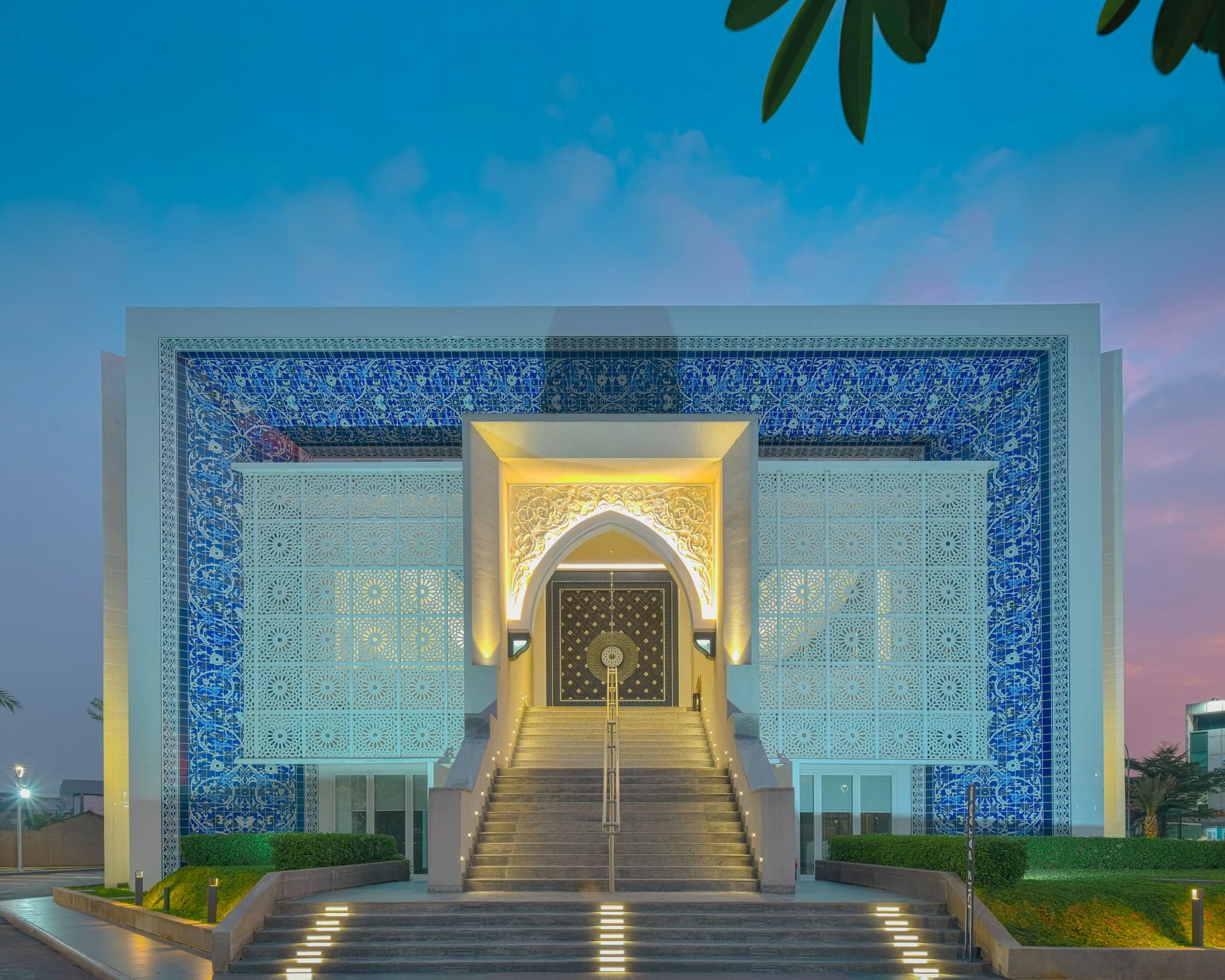Islam and Modern Society

The interaction between Islam and modern society is a dynamic and evolving relationship. Muslims around the world navigate the challenges and opportunities of contemporary life while striving to maintain their religious identity and values. This article explores how Islam adapts to modern contexts, addressing issues such as technology, globalization, secularism, and pluralism.
Balancing Tradition and Change
Islam provides a framework for living that encompasses spiritual, ethical, and social dimensions. As societies change, Muslims interpret and apply Islamic principles to new situations. This process involves ijtihad, or independent reasoning, allowing scholars and individuals to derive rulings that consider contemporary circumstances while remaining faithful to the core teachings.
The adaptability of Islamic jurisprudence enables Muslims to address modern issues such as bioethics, finance, and environmental stewardship within an Islamic ethical framework.
Technology and Social Media
The rise of technology and social media has significantly impacted how Muslims practice their faith and engage with the global community. Online platforms provide access to religious knowledge, enable virtual communities, and facilitate charitable activities. However, they also present challenges related to privacy, misinformation, and maintaining ethical conduct in digital spaces.
Muslims are encouraged to use technology responsibly, leveraging its benefits for education and communication while being mindful of its potential drawbacks.
Globalization and Cultural Exchange
Globalization has increased interactions between people of different cultures and religions. For Muslims, this presents opportunities for dialogue, collaboration, and mutual understanding. It also raises questions about preserving cultural identity and religious practices in diverse environments.
Islamic principles support engagement with others based on respect and justice. By participating in intercultural exchanges, Muslims contribute to building inclusive and cohesive societies.
Secularism and Religious Freedom
In secular societies, the role of religion in public life is often limited. Muslims may face challenges in expressing their faith openly or in having their religious needs accommodated. Navigating these environments requires balancing personal religious commitments with respect for the laws and norms of the broader society.
Islamic teachings encourage adherence to agreements and laws, provided they do not compel individuals to violate core religious obligations. Advocacy for religious freedom and rights is an important aspect of engaging with secular systems.
Pluralism and Diversity
Modern societies are increasingly diverse, with people of various beliefs and backgrounds living side by side. Islam recognizes the existence of different faiths and emphasizes the importance of justice and kindness towards all. The Quran states, "O mankind, indeed We have created you from male and female and made you peoples and tribes that you may know one another" (Quran 49:13).
Embracing pluralism involves engaging in interfaith dialogue, cooperating on common societal goals, and respecting the rights of others while maintaining one's religious identity.
Conclusion
Islam's principles offer guidance for Muslims navigating the complexities of modern society. By applying the timeless values of justice, compassion, and wisdom, Muslims can contribute positively to the contemporary world. The ongoing interpretation of Islamic teachings in light of new developments ensures that the faith remains relevant and responsive to the needs of its followers. Through active engagement and thoughtful adaptation, Islam continues to be a vibrant and integral part of modern life.